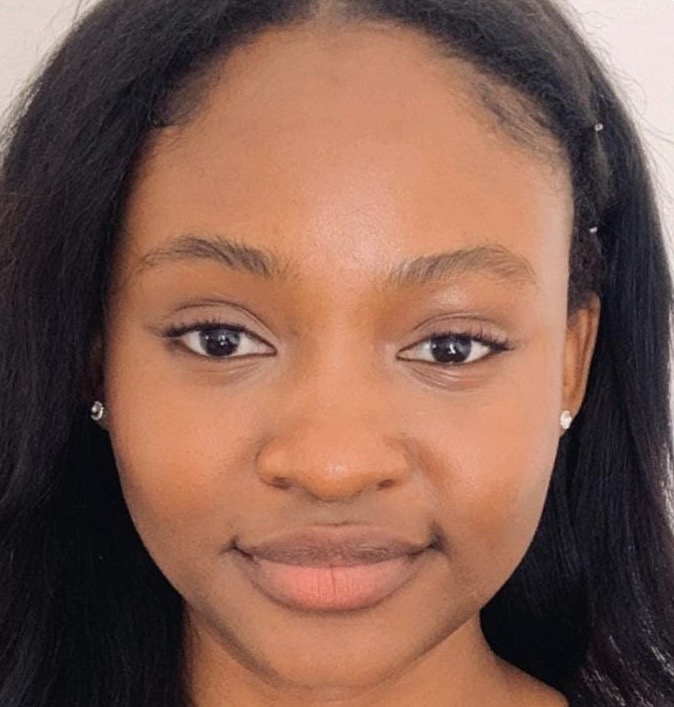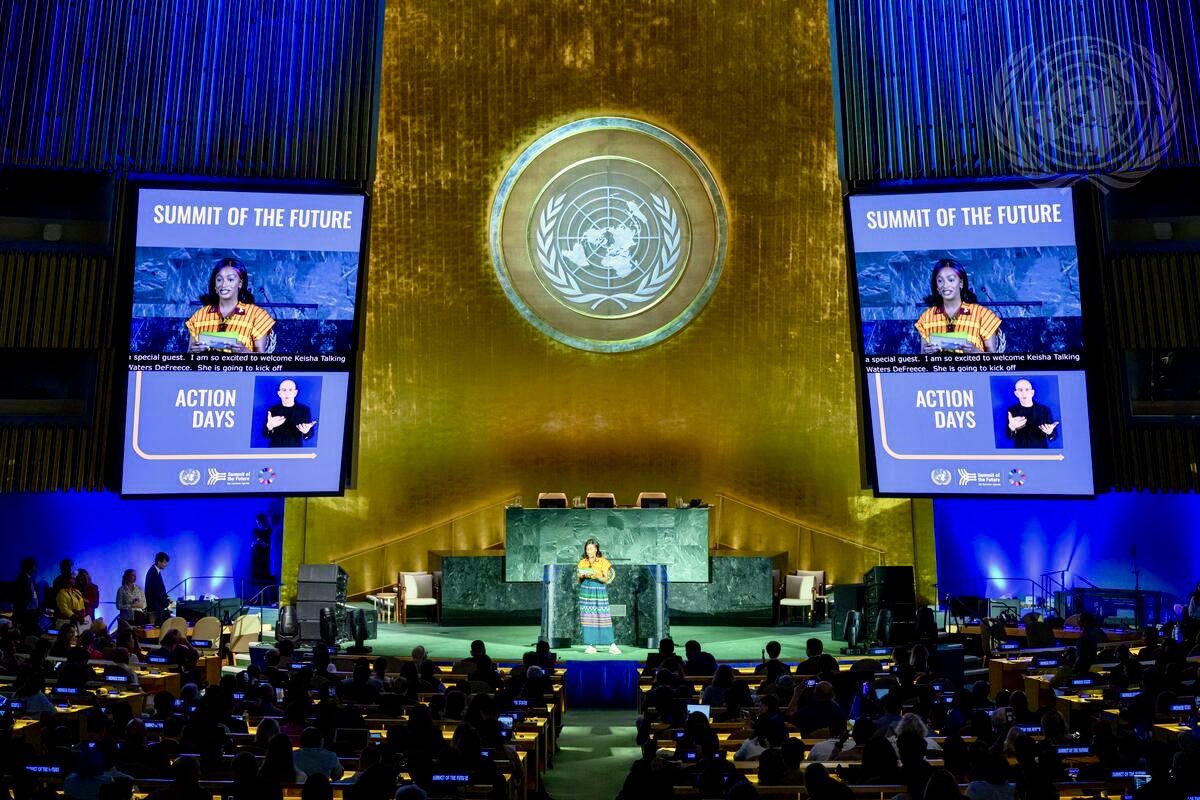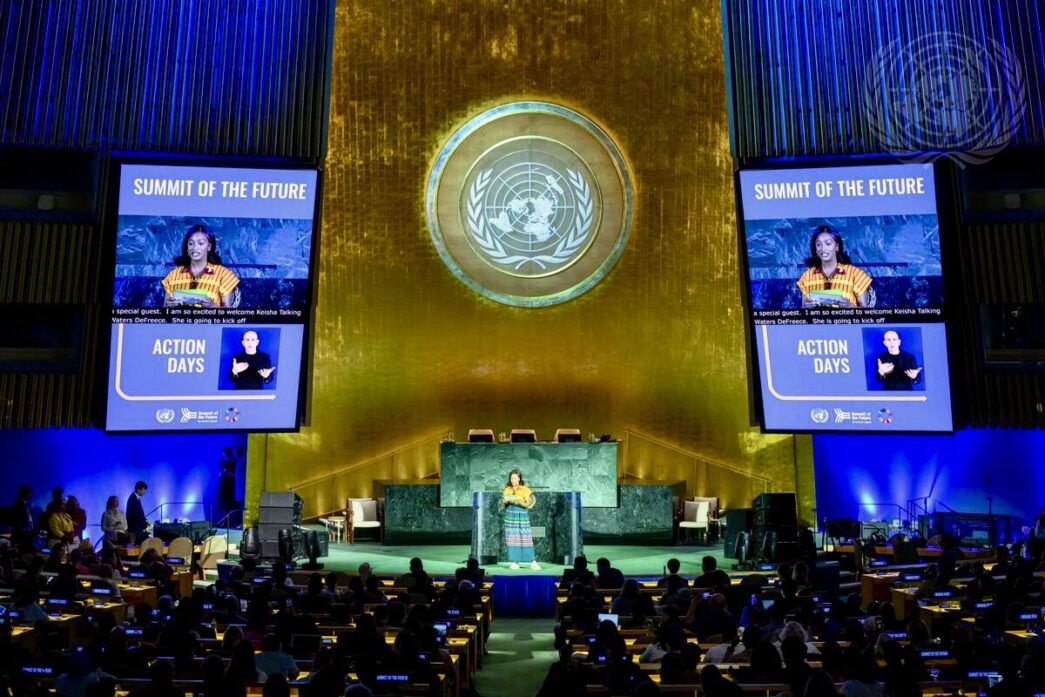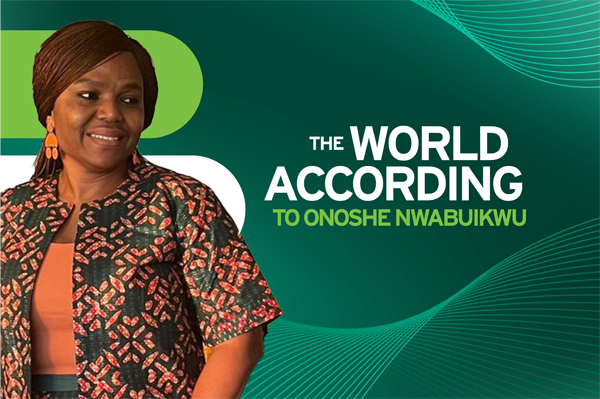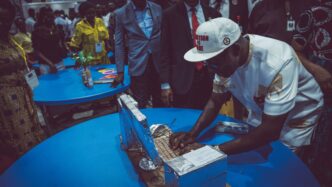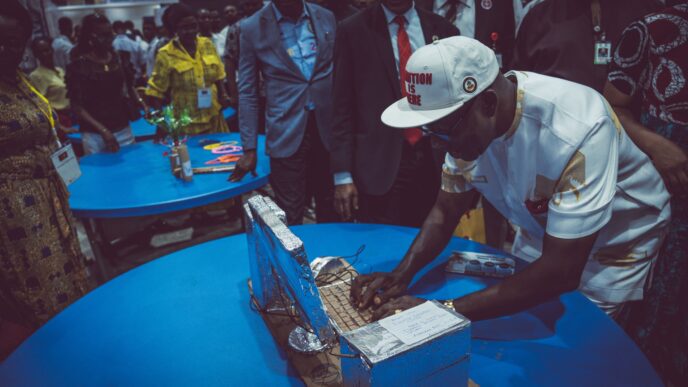Nigerian disc jockey, artist and philanthropist Florence Ifeoluwa Otedola also known as DJ Cuppy, recently made headlines by hosting and moderating a segment of the United Nations General Assembly (UNGA). This event marked a historic moment for both African music and global leadership, reflecting the rise of young creatives on international platforms.
But how does a disc jockey and artist get to host a gathering of nation states ? Simple answer, creativity is multifaceted.
When people think about creatives or creativity, it is often seen in a single light of entertainment whether it be through music, writing, painting etc. and is often seen as unprofound, uninspiring, or a mere hobby. Like others before her, DJ Cuppy’s journey to hosting the UNGA reveals the versatility of creativity across different spheres and illustrates that creativity is not just limited to artistic expression but covers leadership, problem-solving, innovation and advocacy.
Over the years, she has been able to combine her talents for the arts and performance with her desire to create and advocate for change, embodying the idea that creativity truly is adaptable and applicable to many different areas of life. Her appearance at the UN was not only symbolic but also a budding reminder that creative individuals are not only limited to the creative industry but can go beyond their norms and influence global discourse.
Advertisement
In her address, DJ Cuppy highlighted the role of youth in shaping the future by stating, “youth need to be able to take action.” Subsequently, she stated that her favourite SDG is number four- “opportunity for everyone to get quality education.” Quality education in every discipline, whether it be the sciences or the arts. Education is important on all fronts and should be treated as such regardless of what discipline a person decides to delve into.
“Creativity is defined as the tendency to generate or recognize ideas, alternatives or possibilities that may be useful in solving problems, communicating with others, and entertaining ourselves and others.”
The Nigerian creative economy can be traced back decades before the beginning of colonialism, ranging from the Nok, Terra Cota 500BC- 200AD to the emergence of Nollywood reputed to have begun with a film called “Living in Bondage” in 1992, to music ranging from different genres including highlife, fuji, afrobeats, etc, creativity has been and will always be a part of our being and existence.
Advertisement
The significance of the arts in Nigerian society and globally cannot be overstated. Given that a majority of Nigerians believe in a monotheistic God who created the earth and all its inhabitants, this God can be seen as the ultimate artist. So, why then are His creations—artists and their work—undervalued especially by those who believe in Him?
From artists to musicians to writers, sculptors, and designers, creatives are all needed in society or we would not enjoy the pleasures we have now; the clothes we wear, the gadgets we own, the places we visit, the music we enjoy and even the schools we attend. Else, we would live in a sad dystopian society.
Fortunately, things are changing. Individuals and establishments in Nigeria are increasingly recognising that creativity is not only an economically beneficial tool but also an integral component of human society. It brings communities together, transforms perspectives and fosters change. It is inspiring, profound, serious, and credible and should be treated as such.
While there is still a lot to be done, this year’s United Nations General Assembly has proven that the arts are the bane of our existence as a people and hopefully, many other institutions and, the Nigerian populace as a whole will begin to follow suit.
Advertisement
Anaati Yusuf is a corps member at the Institute for Peace and Conflict Resolution (IPCR). She has a law degree from Coventry University, UK and a master’s degree from the University of Leicester in creative writing.
Views expressed by contributors are strictly personal and not of TheCable.
